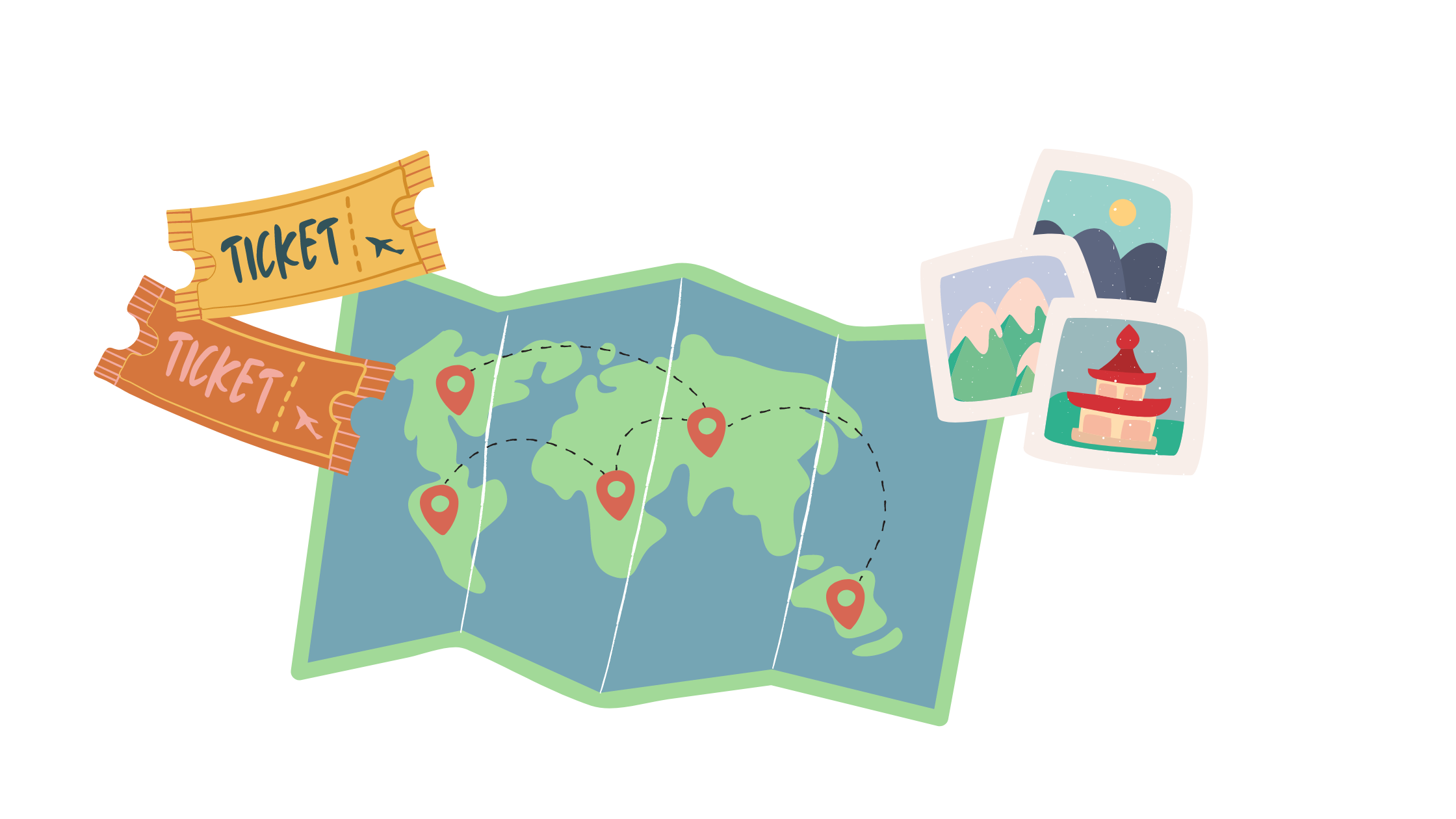If you are planning on traveling this upcoming holiday weekend, practicing responsible and safe internet habits while traveling is more important than ever. Whether you're exploring a new city or relaxing on a beach vacation, protecting your personal information and maintaining your digital security should be a top priority. With cyber threats constantly evolving, it's essential to stay vigilant and proactive in safeguarding your data.
To help you navigate the digital landscape while on the go, we've compiled a list of essential tips for safe internet use during your travels. By following these recommendations, you can minimize the risk of falling victim to cybercrime and enjoy a worry-free journey.
- Use secure connections: If you find yourself needing to use public Wi-Fi, it's best to steer clear of sensitive accounts and financial transactions. Instead, consider using a Virtual Private Network (VPN) to add an extra layer of security and safeguard your data from potential threats.
- Update your devices: Make sure to keep your devices (smartphone, tablet, laptop) up to date with the latest software updates and antivirus protection. This is crucial in safeguarding against vulnerabilities and malware that may jeopardize your data.
- Enable multifactor authentication: For accounts that support it (like email, social media, and banking apps), enable multifactor authentication (MFA). This adds an extra layer of security by requiring a second form of verification in addition to your password.
- Be cautious with public computers: Avoid using public computers (like those in internet cafes or hotel lobbies) for accessing sensitive accounts or entering passwords. These computers may have malware or keyloggers installed to steal your information.
- Use strong, unique passwords: Use complex passwords for your accounts and avoid using the same password across multiple sites. Consider using a reputable password manager to securely store and generate strong passwords for you.
- Be mindful of your surroundings: When using your devices in public, be aware of who is around you and avoid displaying sensitive information (like credit card details or passport information) on your screen.
- Backup your data: Prior to your trip, make sure to back up crucial data from your devices to a secure cloud service or an encrypted external hard drive. This will allow you to easily retrieve your information in the event of loss or theft.
- Limit social media sharing: Be cautious about sharing your exact location or detailed travel plans on social media, as this information could potentially be used by thieves or cybercriminals.
- Monitor your accounts: Regularly monitor your bank accounts, credit card statements, and online accounts for any unauthorized transactions or suspicious activity. Report any suspicious activity to your bank or service provider immediately.
- Educate yourself: Stay informed about common travel scams and digital security threats specific to your destination. Being aware of potential risks can help you stay vigilant and protect your information.
By following these tips, you can help ensure a safe and secure internet experience while traveling, allowing you to enjoy your trip with peace of mind. If you need more cyber safe tips, Silverado Technologies has been a trusted IT provider serving local Tucson businesses for more than 25 years.

